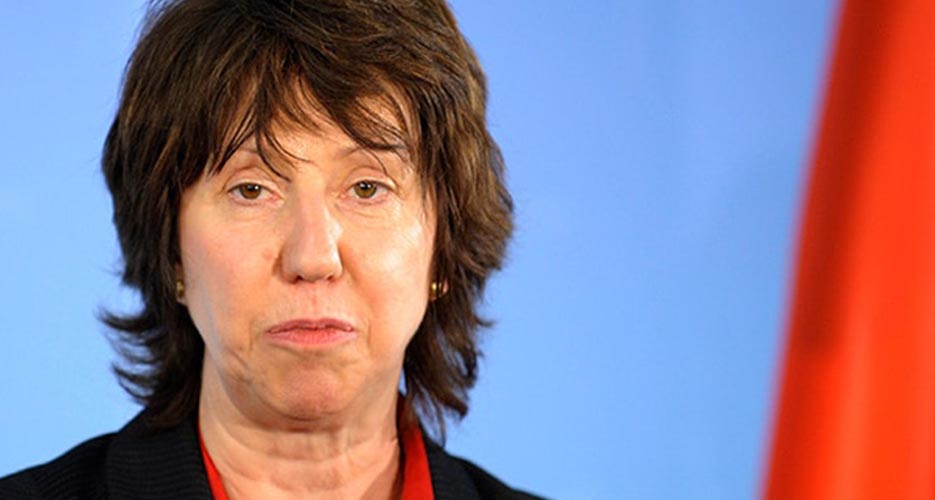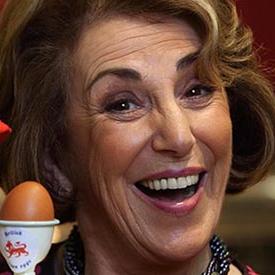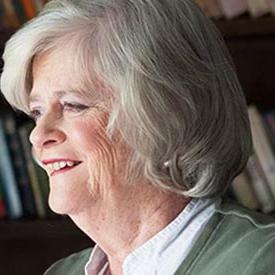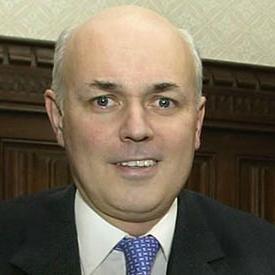Since beginning her political career in 1999, Tony Blair’s Labour government appointed her as a Life Peer - Baroness Ashton of Upholland, of St Albans, in the County of Hertfordshire. In 2001, she became the Parliamentary Under-Secretary of State in the Department for Education and Skills, and then in the Ministry of Justice in 2004. As of May 2006, Catherine was titled a Privy Councillor in May.
In June of 2007, Catherine became Leader of the House of Lords and Lord President of the Council in Gordon Brown’s first Cabinet. In doing so, she became an instrumental figure in leading the EU's Treaty of Lisbon through the UK Parliament's upper chamber. A year later, in 2008, Catherine was appointed the British European Commissioner, as well as becoming the Commissioner for Trade in the European Commission.
Created by the Treaty of Lisbon, she became the inaugural High Representative of the Union for Foreign Affairs and Security Policy, in December of 2009. In this role, as a High Representative, Catherine served as the EU's foreign policy chief, winning praise for her negotiating of difficult situations. In particular, she played an integral role in helping Serbia and Kosovo find an agreement in 2013 that brought peace, as well as the P5+1 talks with Iran, which later led to the November 2013 Geneva interim agreement on the Iranian nuclear programme.
In January of 2017, becoming the first female chancellor at the University of Warwick, Catherine became Chancellor of the University of Warwick, succeeding Sir Richard Lambert. Catherine is an inspirational figure for women everywhere, proving that gender should never hold back the capabilities of political, business and sporting experts.
As a speaker, she explores the current topic of Brexit and the EU, offering an in-depth insight into how Brexit will change our future. Able to persevere under pressure, she applies her experience negotiating major political conflicts to strategies the audience can use in their day to day business life.









